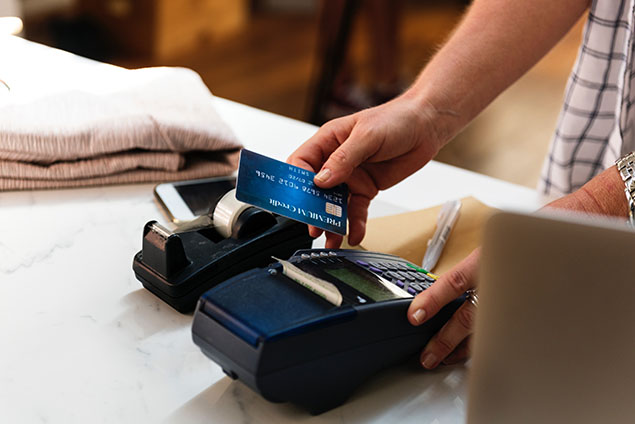(800) 421-9366
info@zenopay.com
Everything you need to know about Credit Card Chargebacks
Credit Card Chargebacks & What to Expect

What is a chargeback?
Consumers receive their credit and debit cards from banks known as “issuing banks”. These banks provide their customers with a form of protection by allowing the
cardholder to file a complaint against fraudulent transactions. This is known as a reversal or a chargeback. Once the consumer files a dispute with their bank,
the bank makes an investigation into the complaint. If the complaint is proven to be fraudulent, the issuing bank will forcibly take the amount from the merchant’s
account to refund to the cardholder. Often times, the bank sponsoring the merchant’s account will take their own fees as well. If, however, the consumer’s
complaint is proven to be untrue, no refund is requested from the merchant although additional processing fees may still be charged.
The Chargeback Process
- The cardholder files a complaint by contacting his or her issuing back regarding the fraudulent transaction.
- The issuing bank checks whether the transaction is fraudulent or not.
- If the issuing bank sees a potential error, a credit is given to the cardholder. The issuing bank then start the chargeback process to obtain credit from the merchant’s bank.
- The merchant’s bank also investigates whether the chargeback is valid or not. They usually send the merchant a notification to inform them of the pending chargeback request. If the merchant’s bank finds the chargeback to be invalid, they will decline the chargeback and inform the issuing bank.
- If the chargeback is invalid, the chargeback is removed from the merchant’s account and the bank will notify the merchant of the outcome. The merchant’s account is not negatively impacted.
- On the other hand, if a processing error has occurred, the correction is sent to the issuing bank for re-presentation.
- The merchant will be asked to provide the needed documentation to remedy the chargeback. If the documentation provides satisfactory proof, the claim for the chargeback will be denied and the customer will be once again charged for the sale.
How Chargebacks Can Affect You
Although accepting credit and debit cards is extremely beneficial to your business, there can be major drawbacks caused by chargebacks. The process can be rather complicated and can cost you unnecessary fees. The collection agency industry also has an industry standard of an amount of chargebacks a collection agency is expected to operate under. Currently, the industry standard is to maintain a chargeback ratio of below one percent on monthly statements. Having a higher ratio on your overall monthly processing statements can lead to a closure of their merchant account.
Other Articles

Because fees can affect your business so much, we think it's important that you understand the ins and outs of credit card processing fees.
Learn More

Do you know what a rolling reserve is and how it may affect your business?
Learn More

Learn how industry reputation makes it so difficult for collection agencies to get a merchant account.
Learn More

Do you know if you are a high risk merchant? We'll cover the ins and outs of online credit card processing.
Learn More

Learn about no-fee credit card processing and how it can help your company!
Learn More